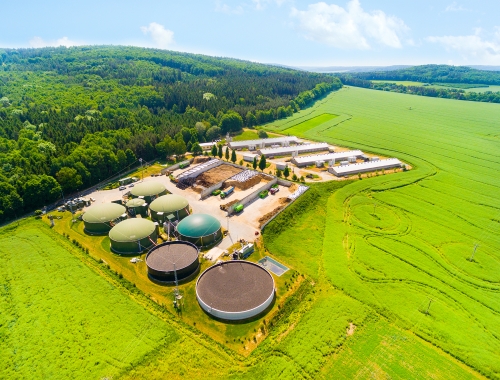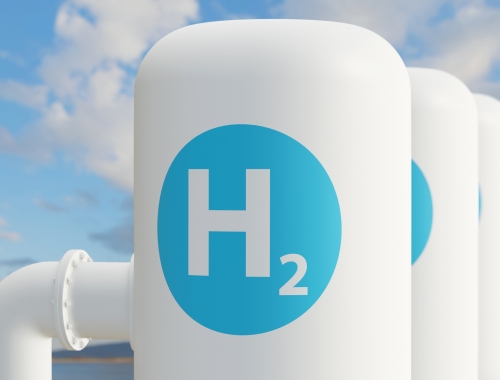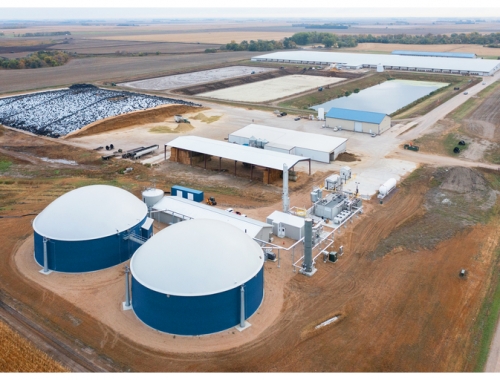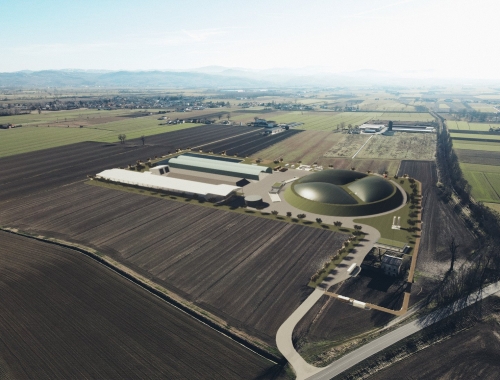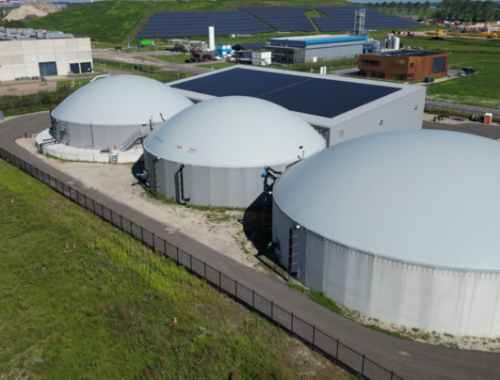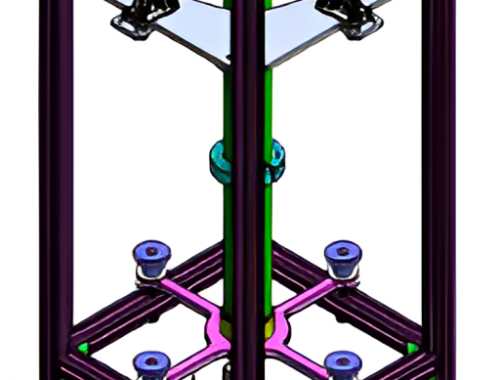NGVAmerica hails extended tax break for US NGVs
SUMMARY
A $0.50/gallon tax break for natural gas-fired vehicles will now extend through 2024.
By Callum CyrusPOSTED IN:
Industry NGO NGVAmerica has successfully lobbied for an extended tax break for natural gas-fuelled vehicles to be included in the behemoth $369bn US Inflation Reduction Act package, approved last week by the US House of Representatives and Senate.
US president Joe Biden is expected to sign off on the new law later this week. NGVAmerica said August 12 the final draft will extend a $0.50/gallon tax break for natural gas-fuelled vehicle services through the end of 2024. The tax break is provided under a mechanism known as the Alternative Fuels Tax Credit.
Daniel Gage, president of NGVAmerica, said: "If we want clean air, we need clean trucks and buses. By extending the AFTC through 2024, Congress signals how important clean technology natural gas vehicles are to growing our economy, improving our air quality, and enhancing our energy security while reducing our carbon footprint.”
NGVAmerica is now lobbying for a similar $1/gallon tax credit to be implemented for transport vehicles fuelled by renewable natural gas (RNG). Sponsored by Republican senator Richard Burr and Democrat senator Mark Warner, the Renewable Natural Gas Incentive Act (RNGIA) aims to drive bipartisan support for RNG dispensers serving heavy-duty vehicles.
Along with the broader legislation under the Inflation Reduction Act package, the RNGIA package would be a welcome addition to US climate policy, Canadian RNG developer Anaergia said August 15.
"The Inflation Reduction Act will do more to reduce greenhouse gas emissions in the US than any other legislation in the nation’s history," CEO Andrew Bender said. "As a business leader with a deep concern for the environment and society’s ability to address the climate crisis, I am profoundly grateful to the elected leaders that passed this act in Congress.”
Other highlights from the IRA legislation included tax credits for production of clean fuels, replenishing vehicles with alternative fuels and manufacturing "qualified" clean vehicles for the commercial sector. It also extends and modifies the existing US 45Q tax credit for carbon capture and storage operators to $85/ton of carbon sequestered geologically.

